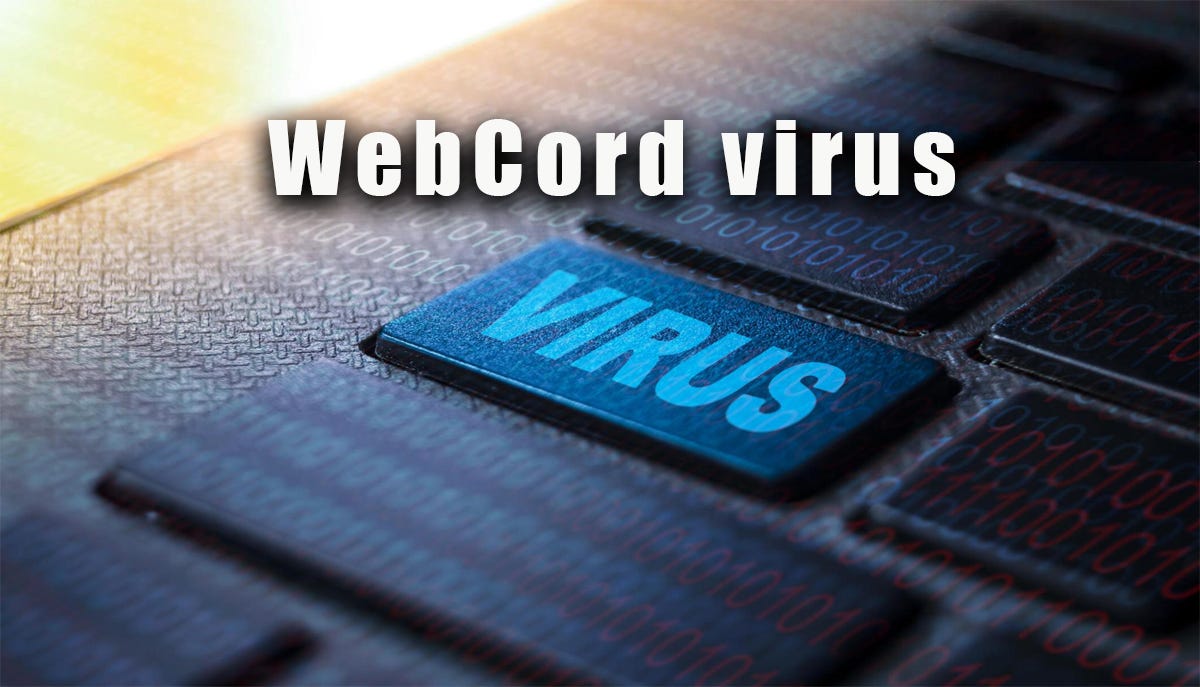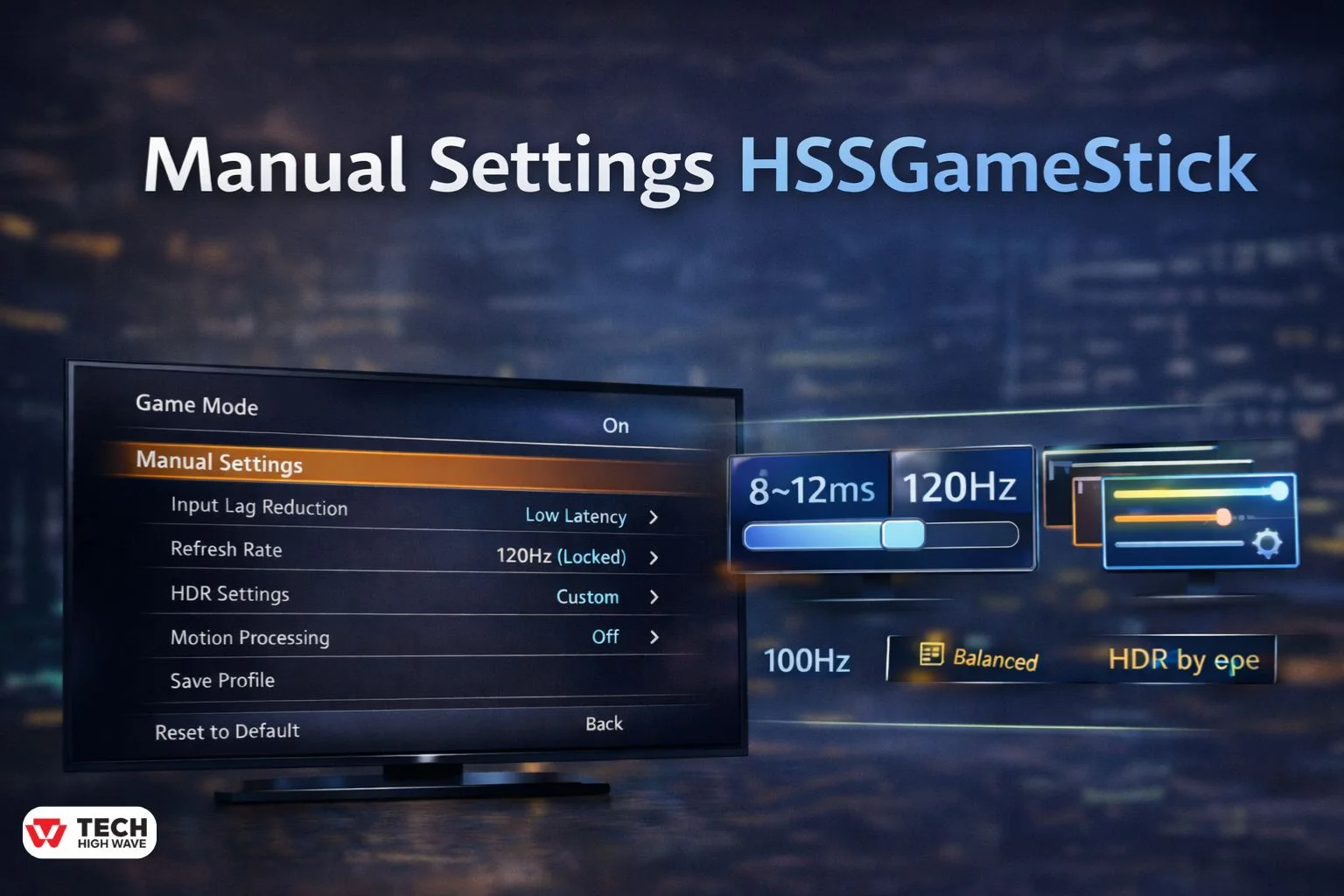In the ever-evolving world of cyber threats, a new name has been echoing through online forums and tech support conversations — the WebCord Virus. Though relatively obscure compared to more well-known malware families, WebCord represents a growing class of browser-based threats that leverage social engineering, deceptive downloads, and script injection to compromise user systems. This article aims to unpack what the WebCord Virus is, how it operates, the risks it poses, and how users can protect themselves.
What Is the WebCord Virus?
The WebCord Virus is not a traditional virus in the sense of self-replicating software that spreads through files. Rather, it’s a browser-based threat—most likely a combination of a malicious web extension, deceptive script, or trojan that disguises itself as a legitimate application or browser utility.
The name WebCord may have originated from a blend of “web” (the browser environment) and “cord,” possibly referencing integration or hijacking of chat-based applications such as Discord or similar platforms. Users may unknowingly download WebCord by clicking on malicious ads, fake update prompts, or pirated software links.
How Does WebCord Spread?
WebCord typically spreads through several common vectors:
1. Fake Software Installers
WebCord is often bundled with cracked software, cheat tools, or so-called “enhanced” versions of communication tools like Discord. A user downloads what appears to be a legitimate app installer, but hidden within is a script that injects the WebCord payload into the system.
2. Malicious Browser Extensions
Some versions of WebCord may arrive as browser extensions promising functionality like screen recording, VPNs, or ad blockers. Once installed, the extension begins injecting malicious code or tracking user data.
3. Drive-by Downloads
Visiting a compromised or malicious website may cause WebCord to silently download and install itself, particularly if the user is running an outdated browser or has weak security settings.
4. Phishing Links
Cybercriminals distribute WebCord through phishing messages on social platforms, emails, or forums. These links often impersonate legitimate sources or offer fake “hacks” and customization tools.
What Does WebCord Do?
Once installed, WebCord can exhibit several malicious behaviors:
1. Credential Stealing
One of WebCord’s most dangerous features is its ability to harvest credentials. It may hook into browser forms, cookies, or even steal tokens from applications like Discord, giving attackers access to the user’s accounts.
2. Session Hijacking
WebCord can intercept active browser sessions or hijack login tokens, enabling remote access to social media, email, or gaming accounts.
3. Clipboard Monitoring
Some versions monitor the clipboard for cryptocurrency wallet addresses. If a user copies a wallet address, WebCord may replace it with one controlled by the attacker — leading to stolen funds.
4. Keylogging & Screen Capture
Though more advanced, certain WebCord payloads can log keystrokes or take screenshots during user activity, especially on login pages.
5. Browser Hijacking
WebCord may change the browser’s homepage, redirect searches to ad-filled pages, or bombard users with popups and fake alerts.
Why Is WebCord Dangerous?
The main dangers associated with WebCord include:
-
Data Theft: Access to private messages, account credentials, and payment information.
-
Account Takeovers: Especially on gaming, chat, or social platforms like Discord, where stolen tokens allow access without needing passwords.
-
Financial Loss: Theft of cryptocurrency or abuse of stored payment methods.
-
Reputation Damage: Compromised accounts may be used to send spam or malicious links to others, harming trust and relationships.
-
Persistence: WebCord may reinstall itself after deletion or embed itself into multiple parts of the system.
How to Detect WebCord
WebCord can be tricky to detect because it often masquerades as legitimate software. However, signs of infection include:
-
Unusual browser behavior (redirects, new tabs, changed homepage)
-
Suspicious browser extensions installed without your knowledge
-
Requests for unusual permissions by browser apps or plugins
-
High CPU usage in Task Manager from unknown processes
-
Friends receiving strange messages from your Discord or email accounts
You can also scan your system using reputable malware detection tools such as:
-
Malwarebytes Anti-Malware
-
Microsoft Defender (updated definitions)
-
AdwCleaner or HitmanPro for browser-based threats
How to Remove WebCord
-
Uninstall Suspicious Programs:
-
Go to Control Panel > Programs and Features or Settings > Apps.
-
Look for unknown or recently installed apps and remove them.
-
-
Remove Malicious Extensions:
-
Open your browser and navigate to Extensions/Add-ons.
-
Disable or delete any you don’t recognize or didn’t install intentionally.
-
-
Clear Browser Data:
-
Delete cookies, cached files, and saved passwords that may have been compromised.
-
-
Run a Full Malware Scan:
-
Use an antivirus or antimalware tool to scan your entire system.
-
-
Change Your Passwords:
-
Reset passwords for any services you suspect were compromised, especially Discord, email, and banking apps.
-
-
Enable Two-Factor Authentication (2FA):
-
To protect your accounts in the future, enable 2FA wherever possible.
-
How to Prevent Future Infections
-
Avoid downloading from unofficial websites or torrents.
-
Don’t trust links sent via DMs unless you’re certain of the source.
-
Use security-focused browser extensions like uBlock Origin or HTTPS Everywhere.
-
Keep software and browsers updated to patch known vulnerabilities.
-
Use a reputable antivirus that includes web protection and behavior monitoring.
Is WebCord Linked to Discord?
There is no official link between Discord and WebCord. However, the virus often targets Discord users by stealing tokens or pretending to be a Discord enhancement tool. Discord itself is a safe platform, but users should only download the official app from or trusted app stores.
Final Thoughts
The WebCord Virus is emblematic of modern browser-based malware: stealthy, fast-spreading, and highly invasive. While it may not be as widely recognized as ransomware or banking trojans, it poses a real threat—especially to younger users, gamers, and those active in online communities.
Staying protected means staying informed. Always verify the authenticity of the tools you download, run security scans regularly, and never click unknown links or install random browser add-ons.


